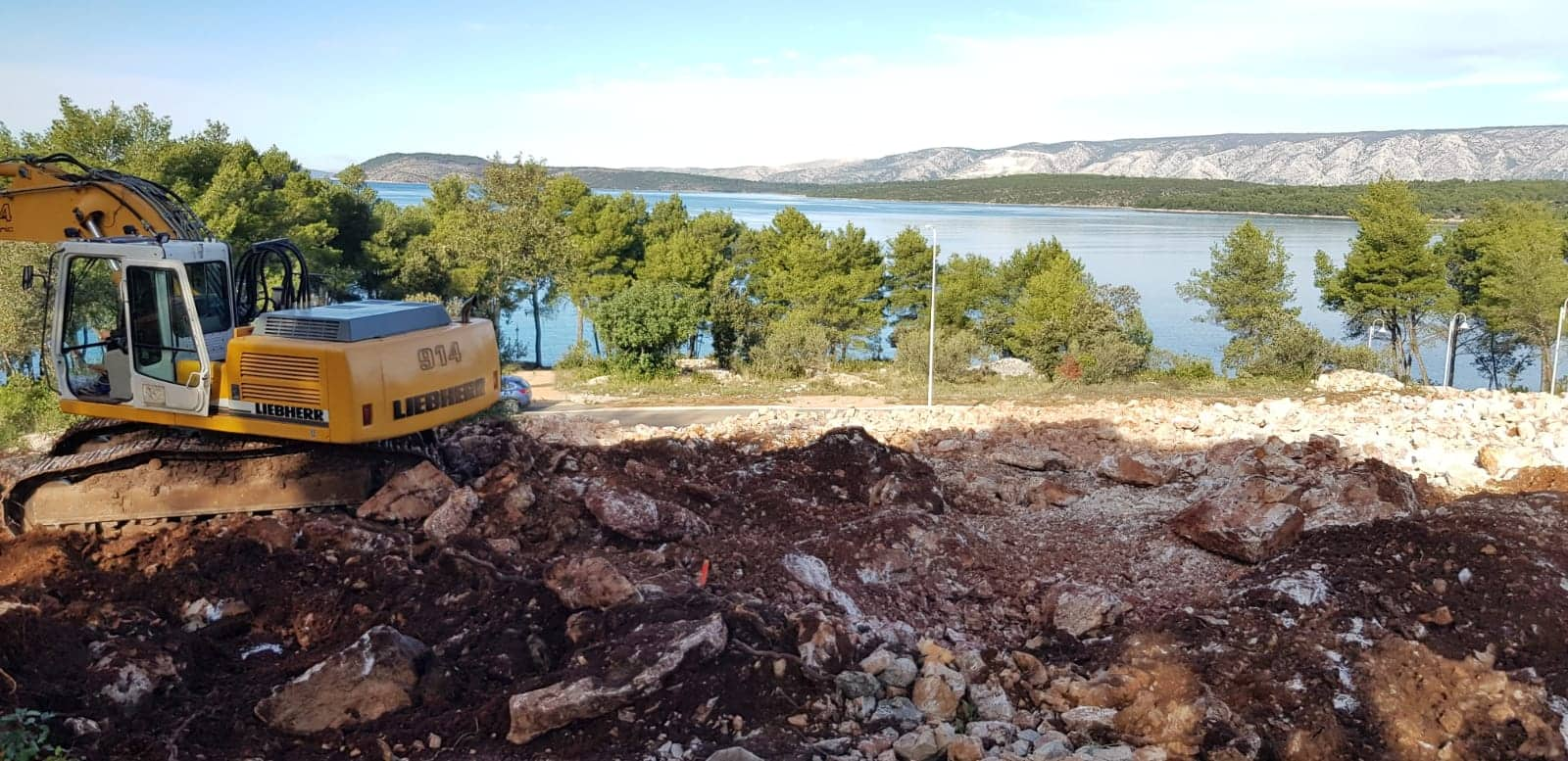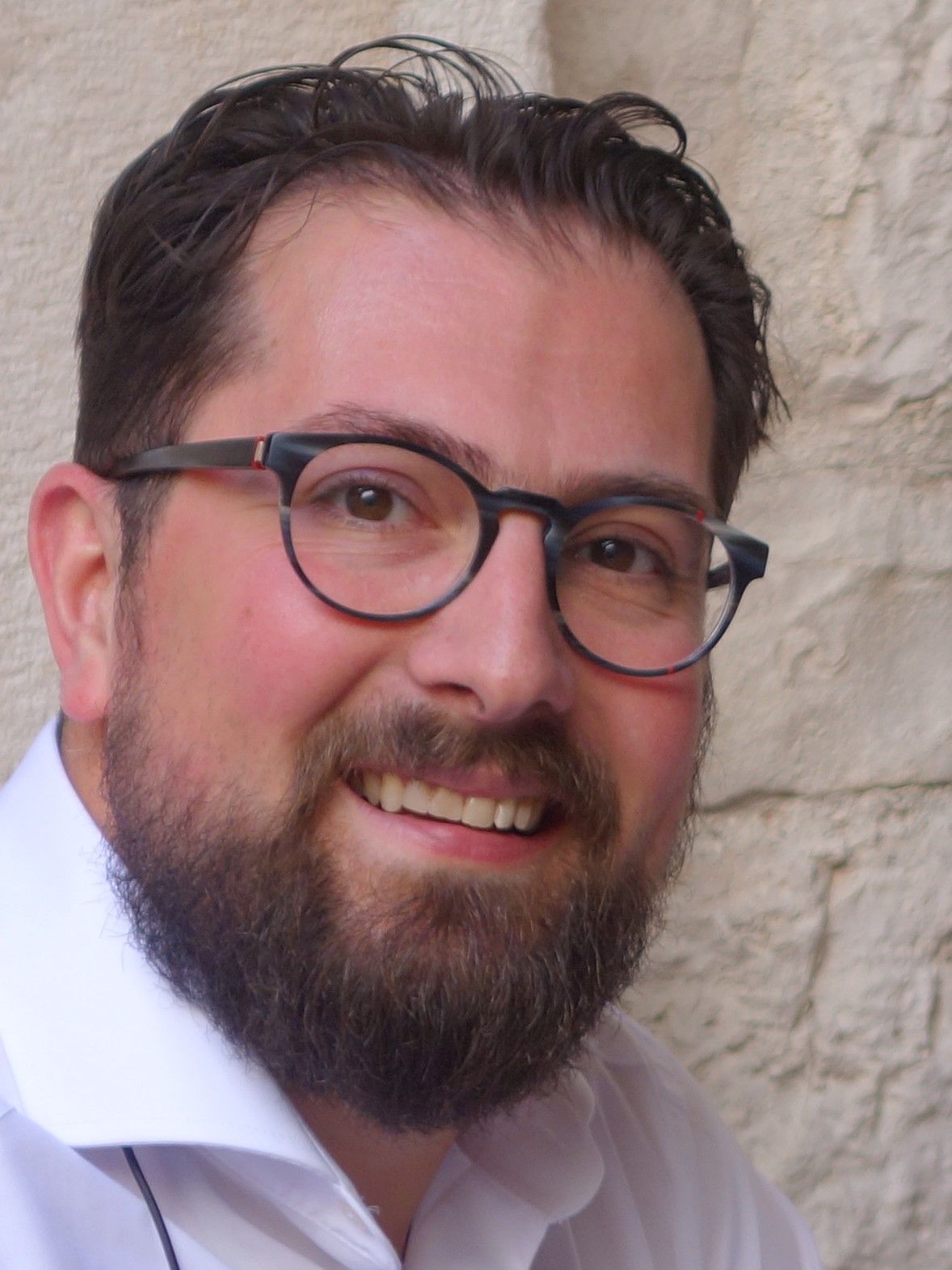Luxury Hospitality Expert Zoran Pejovic on Split Tourism Development
August 15, 2022 - Continuing our look at how to improve tourism in Split, one of the city's tourism pioneers, Hotel Development Specialist and Expert Tourism Consultant Zoran Pejovic of Paradox Hospitality, offers his thoughts.
TCN's recent editorial Is Split Tourism 'Strategy' Killing the Goose with the Golden Eggs? attracted quite a lot of attention, as we tried to uncover how Split - which has grown exponentially as a destination over the last decade - has been attracting a lower class of drunken tourist in recent times, whose actions have flooded the TCN inbox with requests from expats, locals, and tourism businesses to try and highlight the issues with a view to finding solutions. I am very grateful to Mayor of Split, Ivica Puljak, Split Tourist Board Director, Alijana Vuksic, and legendary tourism consultant Mario Seric, for all putting their views in the editorial which you can read in the link above.
Their thoughts were followed by a great interview with the founder of the ULTRA Europe Festival, Joe Basic, whose vision was fascinating, as were his practical solutions to improve the situation relatively quickly and painlessly. You can read his interview here.
Next up, one of the pioneers of luxury tourism in Croatia, the man who brought the wine bar to Split (did you know that they did not exist 10 years ago?), and a friend I have known for 10 years, as we have watched the direction of Split and Croatian tourism over many a glass of wine and beer. Zoran Pejovic of Paradox Hospitality is not a man who does things by halves, and the Paradox Wine and Cheese Bar, Paradigma fine dining restaurant, and Maslina Resort on Hvar are just three examples of him pushing the boundaries of quality and innovation in Dalmatia in the last decade.
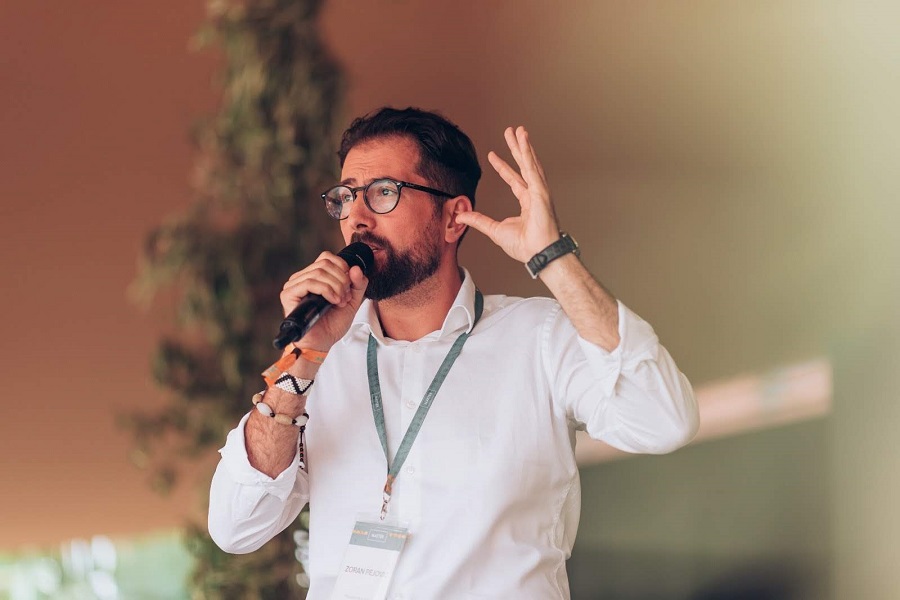
1. Take us back a decade. Paint a picture of Split as a destination. What attracted you to move there?
My decision to move to Split was a concoction of many different, unrelated global and personal events. It involved, among other factors “the coming out” of the global financial crisis, me having a best friend in Split, and my thoughts on how Split obviously must be the center of tourism in the Adriatic, given its geography, history, and culture. I have been coming to Split ever since 2001, and in those early years was always amazed and flabbergasted how most of the restaurants in the city center took August as their collective annual leave. Mind you, I was living in Dubrovnik back then, which was already doing very, very well, and the summers felt like a festival of tourism while Split was firmly outside of the tourist maps. However, in the years leading up to my move to Split, I was living across the globe and was very unfamiliar with the state of the industry.
I remember asking Marko, my partner to be in our common hospitality venture, if he could write up a list of the five best restaurants for me to visit on my arrival in Split, in December of 2011. I have asked the same for the wine bars, hotels, and so on. He came back with a list of three restaurants of which two were konobas, one hotel, and zero wine bars. I then asked him to ask his colleagues, all in the top management positions in Splitska Banka to write up their lists. They came back with the same lists. I was shocked and at the same time certain that Split had to be the next Barcelona. It was a platform that just had to be upgraded with the right mix of hotels, restaurants, and wine bars, and alongside the specialized destination management companies focusing on culture, adventure, and experiential offerings it was destined to be successful on all fronts.
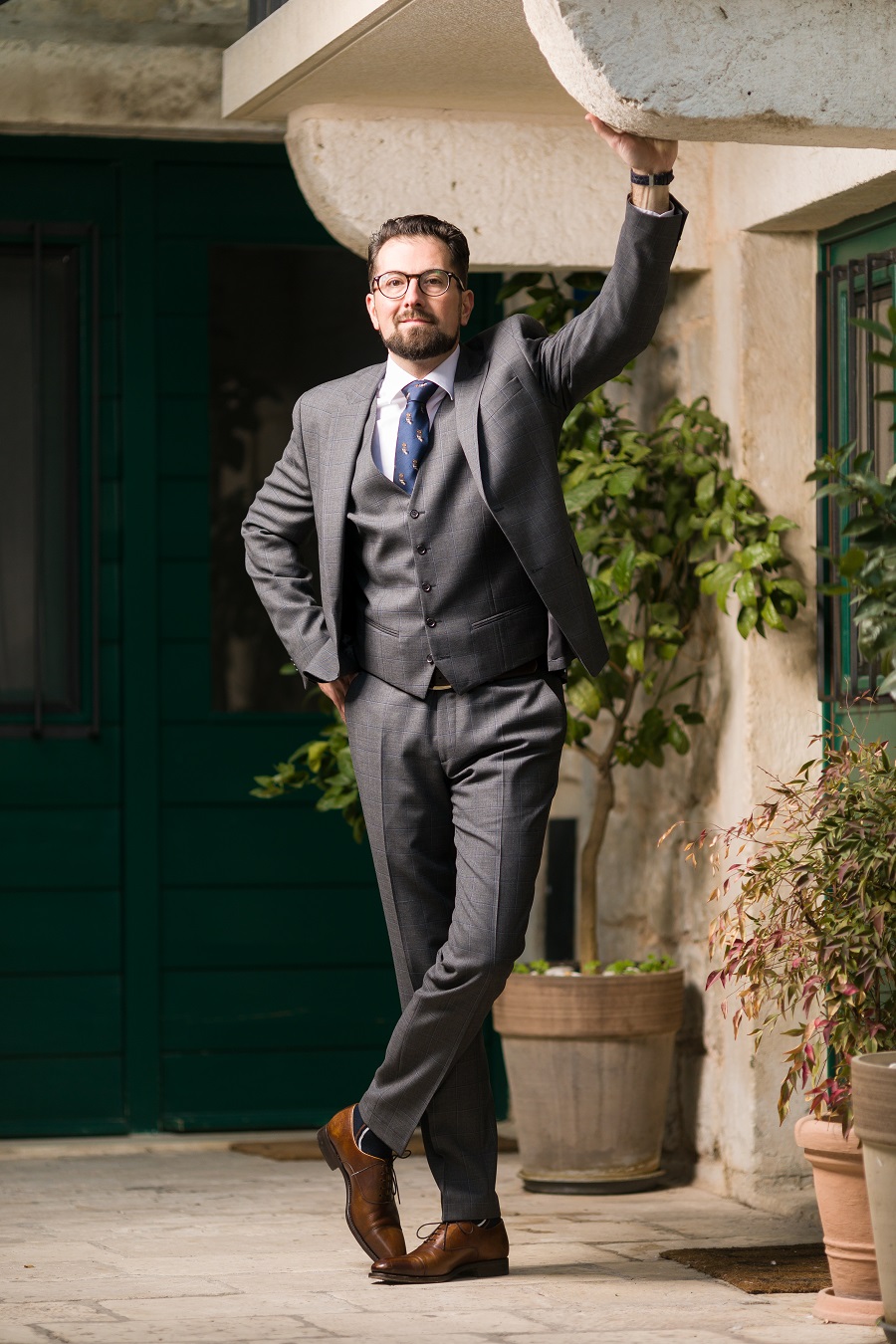
(Photo by Nikola Radovani)
2. You brought the wine bar to Split, a true pioneer. Tell us about that, and how things developed due to your initiative. Are you happy with the results?
Firstly, we could not have opened a wine bar, as such categorization did not exist within the rules and standards on classification, minimum conditions, and categorization of catering facilities. There was a pub as an option, mind you, not a wine bar. I don’t believe that has changed in the meantime. We have faced so many weird questions and constraints that we have decided to officially name our konoba, dressed as a wine bar, Konoba “Wine & Cheese Bar Paradox”. A lot has happened right off the bat. People thought that we were crazy offering 50 wines by the glass, but by the next summer, there were several new places with a similar concept, some even copying the menu to the t. The winemakers were very happy. I remember Andro Tomić telling us that if someone should be getting the government subsidies, it was people like us, not them, cause if we sold more wines, and promoted the wine culture better, they would do just fine. We had amazing support from the Hvar winemakers in those early days. Soon after, we started growing our loyal following in Split among the locals. We held hundreds of events over the years targeting the local wine lovers, expanding it later to wine and music lovers. And cheese as well, of course. Ah, that was another funny thing. We were ridiculed for serving cheeses with jams, but only for about two months. After that, it became the standard way of serving it all around.
I had some industry colleagues coming and sitting for hours in our wine bar and just observing how we were doing things. It was a very hopeful and promising period. I was working like a nutcase but was looking favorably into the future.
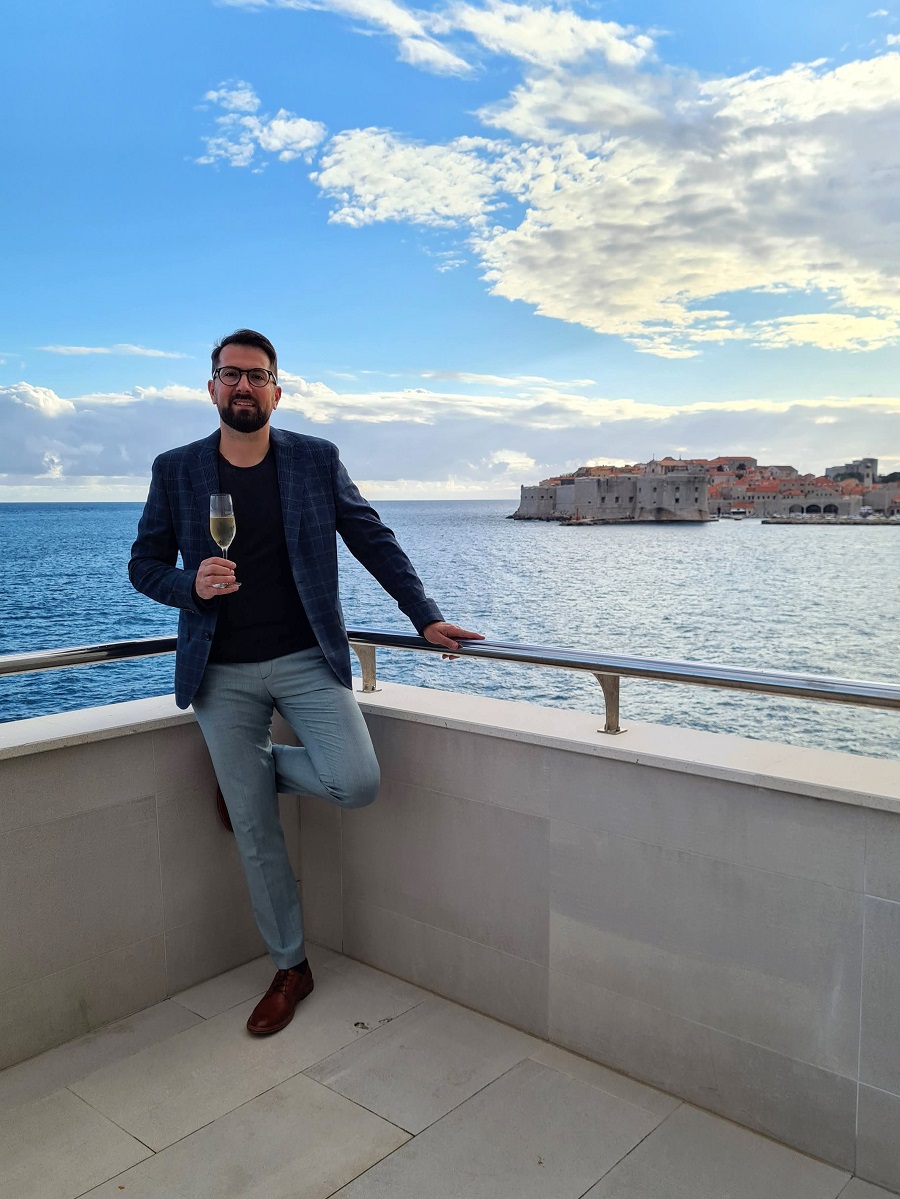
3. How do you see Split as a destination 10 years later compared to back then?
It is easy to call it a missed opportunity, but history does not move forward in such a linear direction. Things are way more complicated, and I refrain from offering simple answers to complex problems. There have been so many externalities that one could not have predicted back in 2012. Covid-19 is one example that many would cite as the defining global event of the past ten years. Another one, perhaps even greater than Covid-19 is the role of social media in the life of a destination, a restaurant, or a hotel, and that rise of influencing fast-changing trends. Then there is the entire change in the demographics on the side of the consumers, as well as on the side of the providers, and the industry, globally losing the appeal it had for many young people as the industry of choice. I could go on with the global changes that affected us full-on, despite us being on the map only tangentially in relation to the epicenters of those changes.
Then, you have a whole host of national externalities that are outside of the reach of Split’s jurisdiction, from well-documented administrative loopholes to the fact that the apartmanization has been seen as a sort of a social welfare system, avoiding the introduction of the property tax, and even taxing the apartment rentals at such a positively discriminatory rate, that any other investment seemed foolhardy. On the other hand, we have seen a roulette of tax codes in the restaurant industry moving from 22% to 23%, to 24%, to 25%, to 10%, to 13% to 25%, or some sort of that combination. Anyway, this is not to say that the local industry and the local politicians are not to blame, but truth be told, it was a whirlwind of learnings and failures on the part of the industry, with many having absolutely no previous experience and having to learn overnight in an often hostile environment, producing a barely edible, partially overcooked, but mostly undercooked mix of everything, garnished with a significant number of short-term speculators and a side dish of a non-edible mash of political shenanigans.
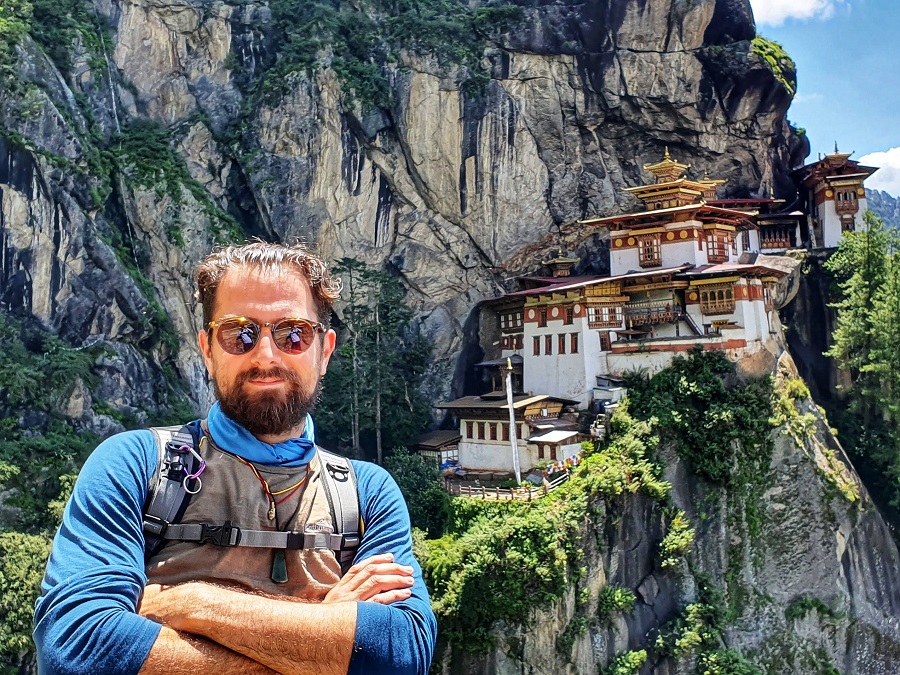
Sure, I would have loved to see how Split would have developed should Marjan have opened in 2014 or so, as announced back in 2012, bringing the large-scale yet upscale operation to the city with the greater off-season and MICE opportunities, with Hotel Amabasador following suit, with Bellevue being the flagship historical hotel, with Villa Rossina pushing the boundaries in the luxury villa accommodation, with some of the Žnjan hotels coming to life and so on. That could have pushed the city wider and longer, spatially, and timewise, relieving some of the pressure on the historical center as well as dispersing more travel to the low season.
To answer your question, Split of today is a mish-mash of everything, that attracts a mish-mash of guests, without clear destination branding, without the industry coming together in some cohesive manner, but a destination that yet can deliver over many decades to come.
4. Split has changed enormously in the last decade, with an explosion of tourism, a lot of it a younger crowd with access to cheap alcohol and pub crawls through the UNESCO World Heritage Site of Diocletian's Palace. What are your thoughts on this?
What can I say? It is not my crowd, and it is not how I develop my businesses, but these are the guests we have today, partially due to our failings, partially due to the pent-up demand among the young people being locked up for a couple of years. Some people are behaving like there is no tomorrow. This is more than a Split problem. As long as they are behaving within the legal bounds, I can’t fault them. I am not the one to throw moral judgments around. I don’t believe that drinking yourself into oblivion and losing memories tend to make people happy, but that seems to be the name of the game for many young people in these months following the two-year pause on social life. Some of it will go away naturally, some of it we will have to forestall with clearer communication, and some we will have to convert to different types of activities and tourism. That is the part that rests heavily on the shoulders of the industry leaders in the city.
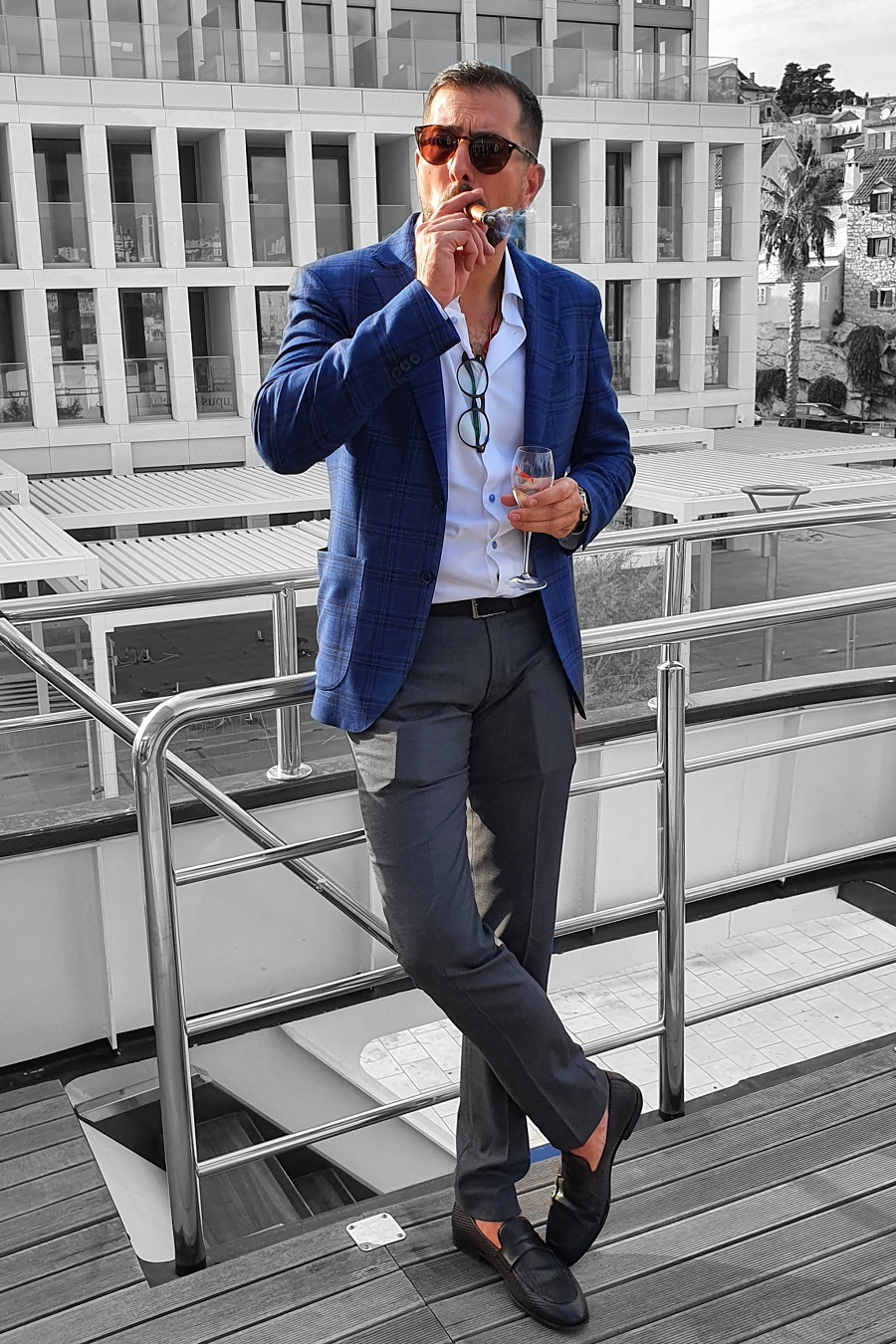
5. Several people point the finger at Ultra Europe for starting this. Do you agree? And if not, why not, and what is responsible?
That would be exactly what I said earlier, explaining the complex situation with a simple answer and pointing a finger at everyone’s favorite villain. I think that I have explained the confluence of different trends, externalities, and local failures in some detail already.
6. What kind of destination should Split be, and what is the ideal profile of tourist?
There is no such thing as the ideal profile of a tourist. Things change and evolve and what a typical upscale traveler looked like twenty years ago, how they look today, and how they will look like twenty years from now are completely different.
Split is not a little coastal town. It is the largest city on the Eastern Adriatic, and it needs to attract all different sorts of tourists and play on all of its main points of distinction, from the historical and cultural backgrounds to the extremely favorable geographical positioning, to sports, and music and gastronomy. Split needs to lead the way, and the only way it can achieve that is through education, formally with better hospitality schools, and informally through the successful stalwarts of the industry, aka internationally recognized hotels and restaurants that are pushing the boundaries of service excellence, firmly rooted in the continuity of living and sense of place that is our key point of distinction. We need local heroes of the industry, but also we know how Split treats its heroes often, so perhaps we skip that recommendation.
It takes decades to achieve this goal, while the goal keeps changing. I understand that this may sound like a word stew that means nothing, but that is the best I have to offer right now.
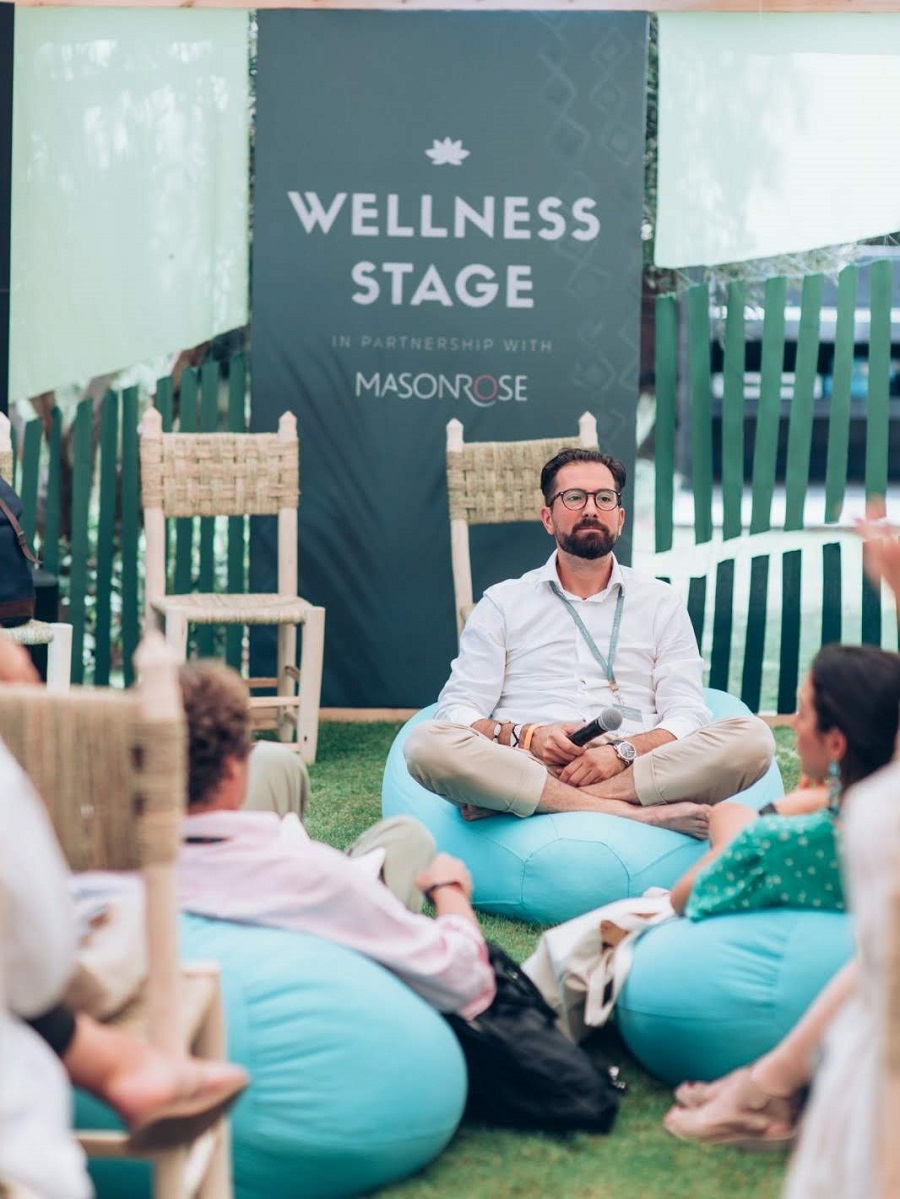
7. You are the Mayor of Split and Split Tourist Board director in one. Tell us what your strategy is to develop the city's tourism.
I will share these thoughts directly with the Mayor of Split.
8. 3 quick wins to improve the current situation?
If you are referring to the recent scenes from the historical center of Split, that can be partially mitigated with a clear communication campaign, meetings with the stakeholders that are propping up this behavior, and enforcing stronger rules with better policing. However, that is not something I think about that much. I am much more concerned about the ways in which we can regain some of the attractiveness as the industry of choice, especially for the young people, which largely sit on the shoulders of the industry; how can we attract more mindful hotel developers, with long term vision and respect for the local community to invest in our city; and how can we fix the existing infrastructural challenges that are causing the same pains for the local and the tourists alike. The other two aspects are something the industry without the help of politics can’t achieve.
9. How do you feel about the direction of Croatian tourism? Is it on the right path?
Someone once said that it is better to use a compass than a map to reach the destination. Well, we never had a map, and the compass is often broken, so we are a bit lost in the storm of other people’s making, and our inability to take control. We are kind of heading in the right direction, but moving very, very slowly. Some people have shown us the way. Here I mostly speak of the winemakers, olive oil makers, and to an extent, the cheesemakers. You might wonder why I bring the world of agriculture when we talk about tourism, but that is exactly our point of distinction: tourism that is born out of agriculture, and the one we don’t see yet, and I hope we get to see, agriculture born out of tourism.
And education, of course, education…
10. And finally, what is Zoran Pejovic working on next? I know you can't sit idle for long...
There is so much going on, some days I feel like I am on a rollercoaster of calls and meetings on future projects. I might have to venture outside of Croatia for a bit, most probably Norway and the USA, as the projects that are in the pipeline in Croatia are just too far in advance for me to make my living, especially given the past two years and the capitulation of our Split ventures under the weight of the external pressure, Covid-19 closure and our lack of readiness to gamble away our reputation through cost cutting, employee reductions and overall compromise of quality, coupled with the internal inability to carry on financing the old ways indefinitely. There are a lot of scars from the past two years, so some international exposure is needed to expedite the healing process, before returning to deliver another flagship project to Croatia, the way we delivered Maslina Resort on the island of Hvar, or the way Paradox and Paradigma led the way in the development of Split’s wine and gastronomical scene.
You can follow Zoran Pejovic on LinkedIn or find him on the Paradox Hospitality website. He is also an occasional contributor to TCN and wrote some excellent articles about tourism during the pandemic.
Read more on the current state of tourism in Split:
Is Split Tourism 'Strategy' Killing the Goose with the Golden Eggs?
ULTRA Europe Festival's Joe Basic Talks Split Tourism Development.
****
What is it like to live in Croatia? An expat for 20 years, you can follow my series, 20 Ways Croatia Changed Me in 20 Years, starting at the beginning - Business and Dalmatia.
Follow Paul Bradbury on LinkedIn.
Croatia, a Survival Kit for Foreigners will be out by Christmas. If you would like to reserve a copy, email This email address is being protected from spambots. You need JavaScript enabled to view it. Subject 20 Years Book
Build Scenarios! Be Present! Take Time to Think!
March 24, 2020 - More great advice for those in the travel industry as we wait for things to improve. Build scenarios!
Depending on where you live it has been a week, two or three that your business has been ordered into lockdown. For most of us it feels like months, or even years, when it has really been weeks only. It also feels like you are already late with decision making, and you feel the urge to sort things out as soon as possible. This is understandable, this desire to get things under control. I have the same urge, day in, day out. The idea that you can’t do anything about the current situation can be very debilitating, especially for entrepreneurial minds.
The future looks very bleak right now, so if you are a small business owner in the travel industry, a hotelier, a restaurateur, travel consultant or else you should not look into that direction for too long. It might make your head spin. On top of that, the future doesn’t really exist. There is only the present, and what you do now really matters. So, there are few things I recommend you can do starting now, if you have not done it already:
1. Work on scenario planning
Scenario planning is not the same as prophesying or predicting the future. It is a very useful tool that you can use to help yourself figure out most likely scenarios taking into consideration the two most important factors for the success of your business. It can be for example the time it takes for the crisis to be over and money you have in your account, it can be time and connectivity, whether the world will remain a global place, or we will keep the new borders indefinitely or money and connectivity. Based on the most optimistic and the most pessimistic outcomes draw the four scenarios and see where it takes you. It might give you an indication of the four possible future directions. Probably much better than what you have now.
2. Protect the cash-flow to the point where you don't destroy your chances to bounce back
This is not an easy one. The urge is to protect whatever is left, but don’t jump your guns. Talk to your partners, talk to your suppliers, and firstly and lastly talk to your team members. Create different projections based on the different scenarios you devised in your scenario planning. Keep an eye on the day to day development to see which direction is most likely to occur and follow that.
3. Look after your teams, personally and professionally
Companies that have not built their teams around a common culture and shared purpose will falter like a house of cards. If yours is built around a common culture and shared purpose, keep it alive. Do not allow for panic to destroy something you have been building for years. Keep the internal communication alive, clear and honest. If you have built the right culture it will not be only up to you to keep the flame alive, others will pick up as well, just don’t put it out. We have been under for a short period of time, but it may last. No matter what, do not add additional and unnecessary pressure by imposing deadlines. Those who come out of this crisis mentally healthy and team-strong will have a head start for a quick recovery.
4. Look after your partners, you will need them again
Call people. Offer help, ask for help. Just talk to them. Try to share the burden, perhaps financially but also psychologically. There is nobody winning in the travel industry right now. Absolutely nobody, and that is unheard of. Share your scenarios and get their insights. We are in this together, but we are also in this alone as we are the main players only in our own movies. Talk to others to hear how their movies are playing out. The crisis will be over, but a lot of players will likely remain the same, and you will need them, same as they will need you, sane and ready to bounce back.
5. Stay visible, but be smart about it
You want to keep your visibility, and that is important and understandable. Make yourself visible but be very smart about it. It is the right thing to continue using social media to a certain extent, but use it to promote the importance of mental health, promote life in small communities if you are in one of those, tell the stories of local heroes and support the efforts of people who are putting everything they know into solving this crisis. Or else tell a dream. Tell a heartfelt story.
You can also read more on how to communicate in the time of coronavirus crisis in this article.
Hvar Star Residence: Project Update from Zoran Pejovic
December 14, 2018 - TCN caught up with Zoran Pejovic, the person in charge of the Hvar Star Residence hotel project in Maslinica Bay, Stari Grad.
A major project on the island of Hvar has received a building permit! While this would not ordinarily be news in most countries, things are a little different in Croatia. Especially, for some reason, on Hvar, which is an island with bureaucracy to match its beauty. Zoran Pejovic, the Hotel Development Director, gave us an update on progress.
What is the current situation at the Hvar Star Residence hotel project in Stari Grad?
We are underway. I am tempted to say we are finally underway, because getting to this point was not an easy ride. However, when I look at some other projects, I must say that I am very happy to be in the stage that we are at now. You have to keep in mind that this is a greenfield investment and that a lot of preparatory works had to be accomplished before even being able to apply for the building permit. We received our building permit two weeks ago, and officially opened the construction site on December 12, 2018. We are very happy to have Radnik from Križevci, one of the most respected construction companies in Croatia, with experience in building high-end hotels and resorts as our main contractor.
Also, the entire team working on the project is sincerely dedicated to ensuring this becomes a flagship project in all our careers. The owners, the Truchi family, are also heavily involved, and their inputs have been shaping the project from the very beginning. This is a very personal project for them as well, as they have fallen in love with the site in Stari Grad. And not only with the site really but with the Island of Hvar and Split and the entire Dalmatia. I dare say that this is their signature investment, which they regard more as a family legacy than a typical financial investment. All this being said, we are really just now at the beginning of a long journey.
Tell us a little more about the project
The project is quite complex, and it has gotten more complex as we got along the way. The first phase of the project will consist of the main hotel building with 50 keys, with the main hotel restaurant, wine bar, wine & concierge club and two gorgeous pools, three hotel annexes which will add three more keys to the rental pool, each with four or five bedrooms, a separate spa and wellness building with its well balanced offering of treatment rooms, aqua thermal experiences, fitness center and a beauty salon, and beach bar, that will offer more casual dining. And that is not all, because we will also be developing a plot nearby into a vegetable garden applying the standards of organic farming. More elements are to come, but I think this gives an indication of the direction in which we are heading.
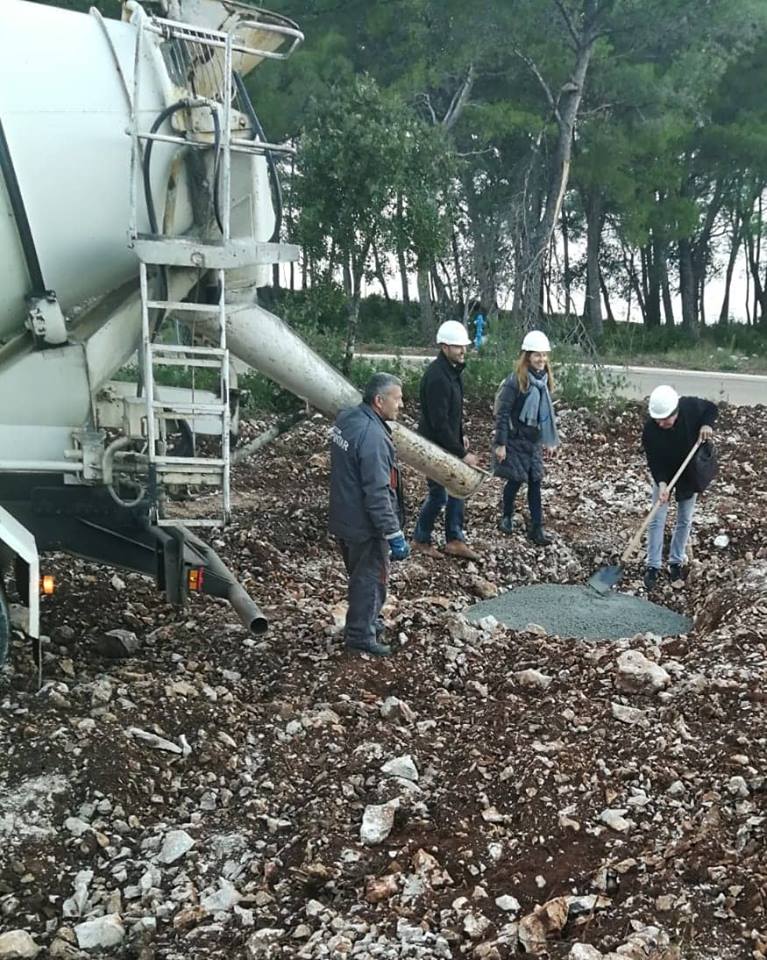
You come from a background of luxury tourism. Tell us about the vision of hospitality with the project.
Sustainable and experiential would be the two driving ideas behind this project. I have already mentioned our plans for the organic garden. Besides that, we will have all organic linen, will not use single-use plastic and we are developing our own organic cosmetics line among other things. Being sustainable is not only about the impact on nature, but also on culture. We want to build on the existing heritage of the Hvar island, which is immense and create legacy for the future, mainly by supporting local producers, be it winemakers, olive oil producers, lavender producers or anyone else ready to partake in the process of creation of unique experiences for the guests. We want to take our guests on a transformational journey of experiencing these continually developing and unique Hvar traditions and practices.
How do you see the future of tourism in general, and the future of tourism in Dalmatia and especially Stari Grad?
Tourism has many faces. It is a huge industry that is growing faster than the world’s overall economy. The number of people who can afford to travel is going to double by 2030, estimates suggest. It is hard to imagine anything stopping this trend other than some cataclysmic events. Reasons for this growth are numerous, from the obvious economic ones to the subtler psychological ones. Travel is one of the emotional industries, and it will grow. While the future will certainly be defined by technology, the future for humans will be nevertheless more emotional than technological. This might sound paradoxical, but I am sure of this. We have already enough evidence in the current narrative which is to a point religionizing the travel industry.
On the receiving end of this tide of tourism are the most beautiful places in the world, which we by chance got to occupy as well. Some are unhappy on how it has been unfolding over the years, citing the deurbanization of the traditional city centers, pollution and rapid changes that come with it. There are some truths to this, but changes are happening mainly due to technology, pollution is something that can be dealt with by raising the awareness and the deurbanization is not an irreversible process. More often than not people that have sold old houses in the city centers have made for themselves more comfortable living than before. This is not a tirade in defense of all things that come with tourism, but a small reminder that the only people who can reverse these negative trends are us, people who are living here. And we can do that by promoting excellence, supporting small producers and raising the bar when it comes to experiential and transformational forms of travel and tourism. That is the new luxury.
In Dalmatia, we have seen all of these faces of tourism, and we have seen different reactions. Most of the people are waiting for someone to come up with the set of rules and bar this and prohibit that, romanticizing about days gone by and being just the passive observers to these processes. Yet, this is not the case everywhere. In Stari Grad we are seeing an increasing interest in the development of high-end hospitality establishments. Besides our project, there is much more publicized Four Seasons project as well as Valamar hotel in the place of Helios hotels. I am sure more will come with time. The local authorities with Mayor Škarpa have shown great interest in pursuing these type of projects, that are both culturally and naturally conscious and take into account local dynamics and heritage.
For clarification, Hvar Star Residence is the company name of the hotel project, and the final name of the project will be announced shortly.
For the latest updates from Hvar Star Residence and other news from the island, visit the dedicated TCN portal for Hvar.
The (Non-) Accidental Rise of Split as a Tourist Destination
This was such an interesting article about the (non-) accidental rise of Split as a tourist destination from Paradox maestro Zoran Pejovic that although it is destined for the Total Croatia News website launching in a few days, I wanted to share it here first, as it is very Split-related.
If you have things to say about life in Croatia which you think would sit comfortably on our new portal, we would love to hear from you. Or follow Total Croatia News on Facebook. Thanks for this, Zoran, very interesting.
Over to Zoran...
One of the most talked about tourism topics of the past couple of years has been the rise of Split as a tourist destination. It is interesting to follow the news, articles and blogs which glorify the newly emerged tourist haven and its rapid development while being part of that same development. Split is indeed a different place than it was three years ago, not to mention five or ten. Is it enough and should we be content with the current status?
Absolutely not! In order to make progress we must accept and understand the current position. And currently, we are learning to swim and it is a very painful process, taking in too much water ;). Where we want and need to be is riding the waves.
.jpg)
There are those of course that say that tourism just happened to Split, which I find to be a rather ignorant way of looking at things. While it may not be the result of some grand scheme and plan of city officials and tourism board professionals of this city, it certainly did not happen on its own. Split has a fantastic geographic location, it is accessible by all means of transportation, and while 1700 years old, it is new in the eyes of many.
To understand the changes which have occurred in Split, one has to understand a bit more about the industry of tourism worldwide. Before the great recession of 2008, most of the world’s new tourist destinations were found in the exotic locations, with South-East Asia leading the way. With the recession, a lot of people had to tighten their belts and while not skipping on their vacations entirely they had to reduce the costs and often it meant shorter vacations without expensive international air fares.
.jpg)
Right there, a new concept emerged. Exploring your own backyard or courtyard as you wish. So, the European travelers had to find new spots in Europe which is not really easy. Most of the seasoned travelers had already covered the major attractions in France, Italy, Spain and Greece, been to the resorts of North Africa and were looking for new and safe places to go within two hours flying time. The only places where one could turn their head to where the Balkans and Eastern Europe.
Also, some new tourist spots emerged in northern Europe. Don’t be surprised that most of the lists of the new hot spots in Europe contain, if not all, some of the following cities: Reykjavik, Riga, Vilnius, Ljubljana, Belgrade, Zageb and of course Split. These are all urban centers, smaller than major European capitals but easily accessible and with a lot of history and culture to show for. There is also the sad part of this story as well. A few days ago the British Foreign Office increased the threat levels from general threat to high threat for one of the major tourist destinations, Spain, which joins France on this list along with Turkey, Algeria, Tunisia and Egypt. All of the destinations mentioned before are in the non-threat or underlying threat categories. It is a welcome change to the nineties for the Balkans, sad news for the Western Europe.
.jpg)
Accordingly, Split hadall the prerequisites to be a major tourist spot on the Adriatic. One important thing is to stop talking about potential of destinations and start realizing that potential. Another important point is that we need to stop talking about authenticity. What is authentic today in Split? To which part of the history do we refer to when we talk about authenticity? This is a very vague term which allow many to operate under the veil of this so called authenticity and offer below-par services. Rustic is sold under authentic, rude is sold under authentic and so on, but this will be the subject of another article.
While the outside factors might have driven tourists towards Split, a lot of people in Split embraced this new situation and rather quickly changed the outlook of the city. A number of restaurants, cafes, apartments, travel agencies increased at such a speed that is difficult to keep up with all the new places. Some places don’t live up to the expectations, while others successfully put Split on the world map.
Hotel Vestibul, Travel Agencies Secret Dalmatia and Calvados, Cigar Club Mareva and their World Cigar Smoking Championship, events like Ultra (some concerns there ;) are some to name. Our projects Wine & Cheese Bar Paradox and Restoran Paradigma are attempting to do the same. I will leave the others to be the judges of their success. However, none of these happened on their own.
But we need more. We need more people and more projects that will have the goal of service excellence. Not the empty corporate excellence wall messages but genuine, well thought-out and executed projects delivered by authentic people, as only people can be authentic, who believe in the city they live in despite all the negativity that is presented on a daily basis. About the difficulties of running a new project in Split, some other time.
Meet the Total Croatia News Writers: Zoran Pejovic
After almost four years of the Total Project, a nice thing is happening to me. I am finally getting to meet and sit down with people who are widely respected in the region for their excellence in their chosen field, and finally also feeling brave enough to ask for their help. And they are saying yes...
Although I have only met Zoran Pejović a few times in the flesh, it is hard not to be impressed by his energy, vision and achievements, and when he sent me a message of support for Total Croatia News, I daringly asked him if would like to translate that support into something concrete, such as a few articles in his chosen field of expertise.
Anyone who follows the gourmet scene in Dalmatia will confirm the towering contribution Zoran has made since opening the first Wine and Cheese Bar, Paradox, in Split a few years ago. With a passion for education and excellence, Paradox remains the standard for all the imitators to match. There are many imitators, but none yet to match, and it was telling that Zoran was the one to be interviewed by the New York Times in that great video yesterday.
After setting the wine bar standards, Zoran and partner turned their attention to the Split restaurant scene, and the astonishing progress upscale eatery Paradigma has made since opening less than a year ago is quite breathtaking, and the restaurant became a member of Jeunes Restaurateurs d'Europe after just six months. And just in case he had nothing to do in his spare time, the umbrella group Paradox Hospitality has been raising the level at Creme de la Creme.
And Zoran is a man I have met quite a lot on the road. The major international wine press trip to Hvar, Brac and Imotski last summer culminated in a fascinating tasting of Imotski wines by Zoran in the Imota winery, while the resurgence of Kastela wines - the home of original Zinfandel - was celebrated earlier this year with the Man from Paradox.
I am delighted that Zoran has agreed to make contributions to Total Croatia News on his specialist subject, gastronomy. He is a fascinating and inspirational man, and I am sure his contributions to Total Croatia News will be of an equally high quality as his contribution to gastronomy in Croatia. Welcome Zoran, and thank you for your support. A little about Zoran, by Zoran...
"Holding a degree in Hotel & Resort Management, from Rochester Institute of Technology, New York, Zoran has been working in the hospitality industry for nearly 15 years. Zoran held positions in the food and beverage department and general hotel management and has special experience in hotel and restaurant pre-openings and openings. Having worked in Europe, Asia, USA and on board cruise ships, Zoran visited over 40 countries on five continents and has a deep understanding of cultural differences and international human resources. Zoran is accomplished in training and motivating team members to provide the highest level of guest satisfaction and prides himself with a hands-on management approach.
"Zoran has worked for companies such as Amanresorts and was part of the pre-opening team of Aman Sveti Stefan, which received, amongst others, the Award for Excellence as the No.2 Best European Resort by Gallivanters Guide and is listed on the Condé Nast Traveller’s Gold List. He also worked for Silversea Cruises and Celebrity Cruises, who pride themselves as being the best in the industry as small and large cruise ship operators, respectively.
"Considering his undeniable passion for the hospitality industry, love for food and wine and desire to create something unique and memorable, Zoran partnered with Marko Sučić in December 2011 to start their own business which was to become Paradox Hospitality in late 2013."
You can contact Zoran via This email address is being protected from spambots. You need JavaScript enabled to view it.
Join us! If you are interested in contributing to the site, we would be interested in hearing from you, or follow Total Croatia News on Facebook. We are launching early next month.
Luxury Split Restaurant Paradigma Pops Up in Zagreb: Meet Zoran Pejovic
After a spectacular first year on the Split gourmet scene, Restaurant Paradigma - already a member of Jeunes Restaurateurs - is set to pop up in Zagreb next week. TCN catches up with owner Zoran Pejovic to find out more.
Does Dalmatian Cuisine Really Exist?
So asks one of Dalmatia's leading restaurateurs, with an interesting comparison to the Latin language.
Is Croatia a Premium Destination? Some Thoughts of a Quality Restaurateur
Is Croatia really a premium destination? Do its tourist experts really understand the needs of the modern tourist? A fascinating piece from one man entitled to an opinion, leading restaurateur and wine expert, Zoran Pejovic from Paradox Hospitality in Split.


